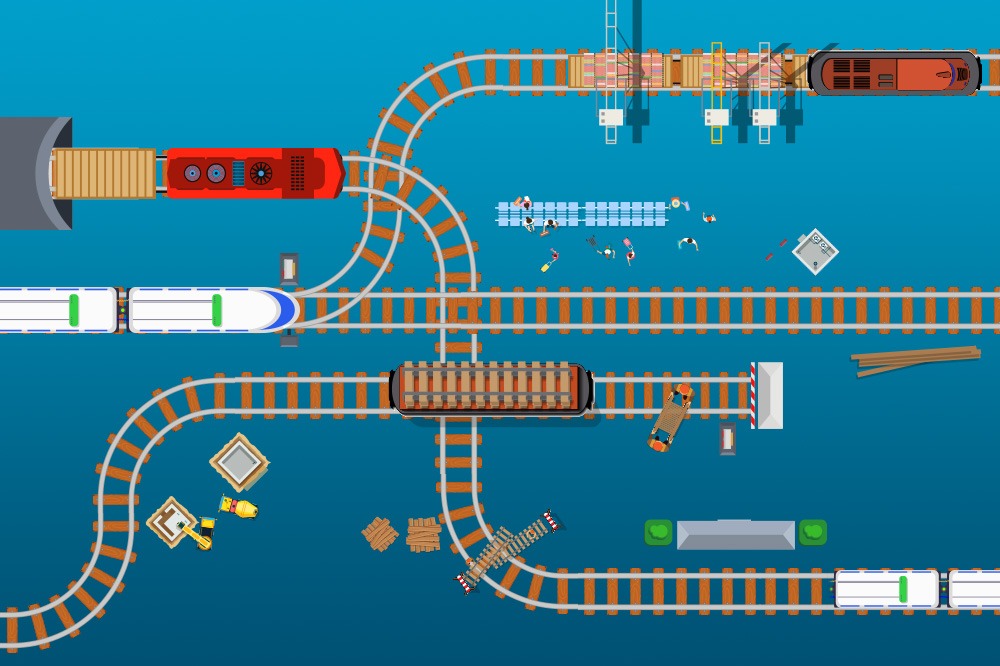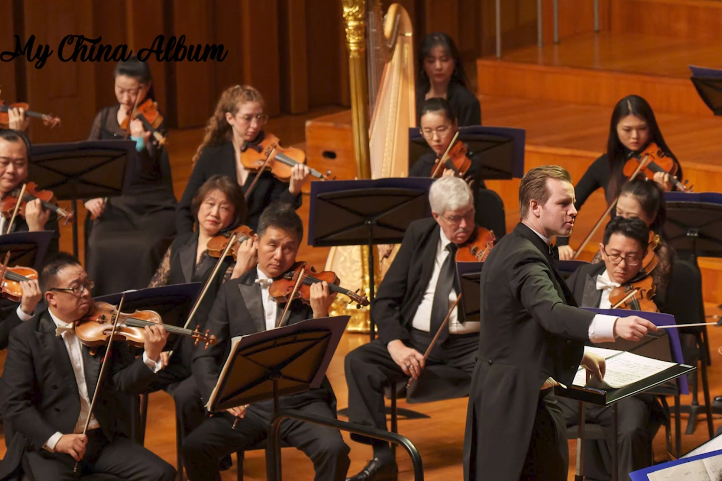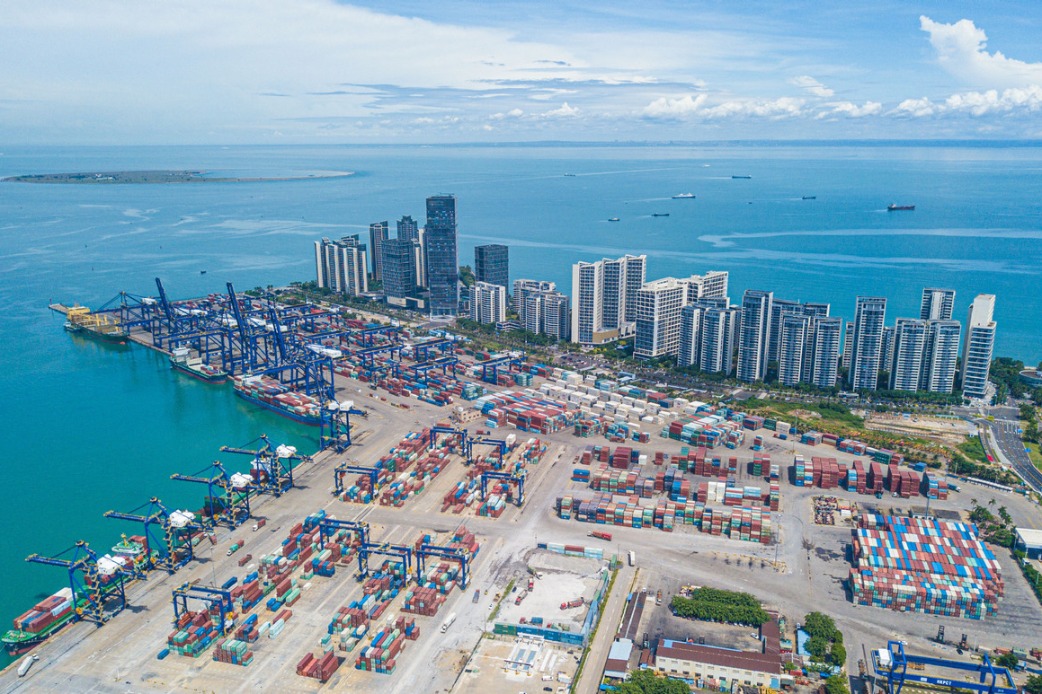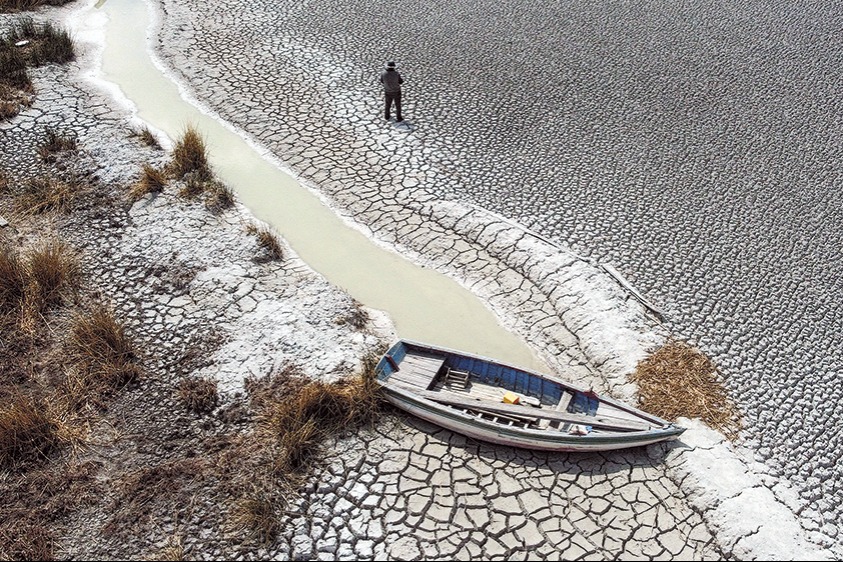Challenging Western narratives on Xinjiang: A closer look at development and progress
chinadaily.com.cn | Updated: 2024-01-17 11:21

The orchestrated narrative of Western fabrications and slander against China's Xinjiang Uygur autonomous region aims to obscure the remarkable progress achieved by the region and its ethnically diverse residents, said Charles Onunaiju in an opinion piece published by The Nation, a Nigerian daily news publication, on Jan 16.
Onungiju, director of the Centre for China Studies in Nigeria, sheds light on the ideological fixation by Western politicians and media attempting to use the Xinjiang issues to embarrass, pressure and even attempt to contain China.
He emphasizes the stark contrast between the ideologically-motivated noise from Western political establishments and the ground realities in Xinjiang. Contrary to their negative portrayals, statistics reveal a rapid 25.04 percent growth in the Uygur ethnic group's population, surpassing the overall Xinjiang region's growth rate of 13.99 percent. Notably, this growth significantly exceeds that of the Han population, which only increased by 2 percent. Onunaiju underscores the tangible progress witnessed in Xinjiang, spanning industrial development, relocation, education, infrastructure, urban and rural affordable housing projects, potable water safety, and ecological conservation facilities.
Onunaiju points out that from 2016 to 2020, every administrative village in Xinjiang was connected to the power grid, accessible via tarred concrete roads. Over 40,000 apartments were constructed to relocate nearly 170,000 people to more favorable living conditions, breaking free from the shackles of poverty. Potable water facilities were extended to 1.52 million impoverished residents, and measures were implemented to ensure no child dropped out of school due to poverty.
Furthermore, Onunaiju observes that Xinjiang achieved universal basic medical and critical illness insurances, covering not only Xinjiang but all across the country, with the per-capita net income of registered poor households in Xingjian increasing by an impressive 32.32 percent annually.
Onunaiju highlights that historical attempts to exert pressure on Beijing have consistently been futile. He attributes the West's persistence in such endeavors to their "increasingly dysfunctional and extremely polarizing domestic political processes", driven by extremist ideologies that view the rise and development of non-Western powers as "a direct threat".
In light of China's commitment to improving living conditions and giving people the opportunity to pursue a better life, Onungiju suggests that the United States, instead of focusing on distant Xinjiang, should pay more attention to its Native American population "who still live in reserve areas without access to life improving basic amenities and any rudiment of self-governing mechanism for cultural expression and resource control".























